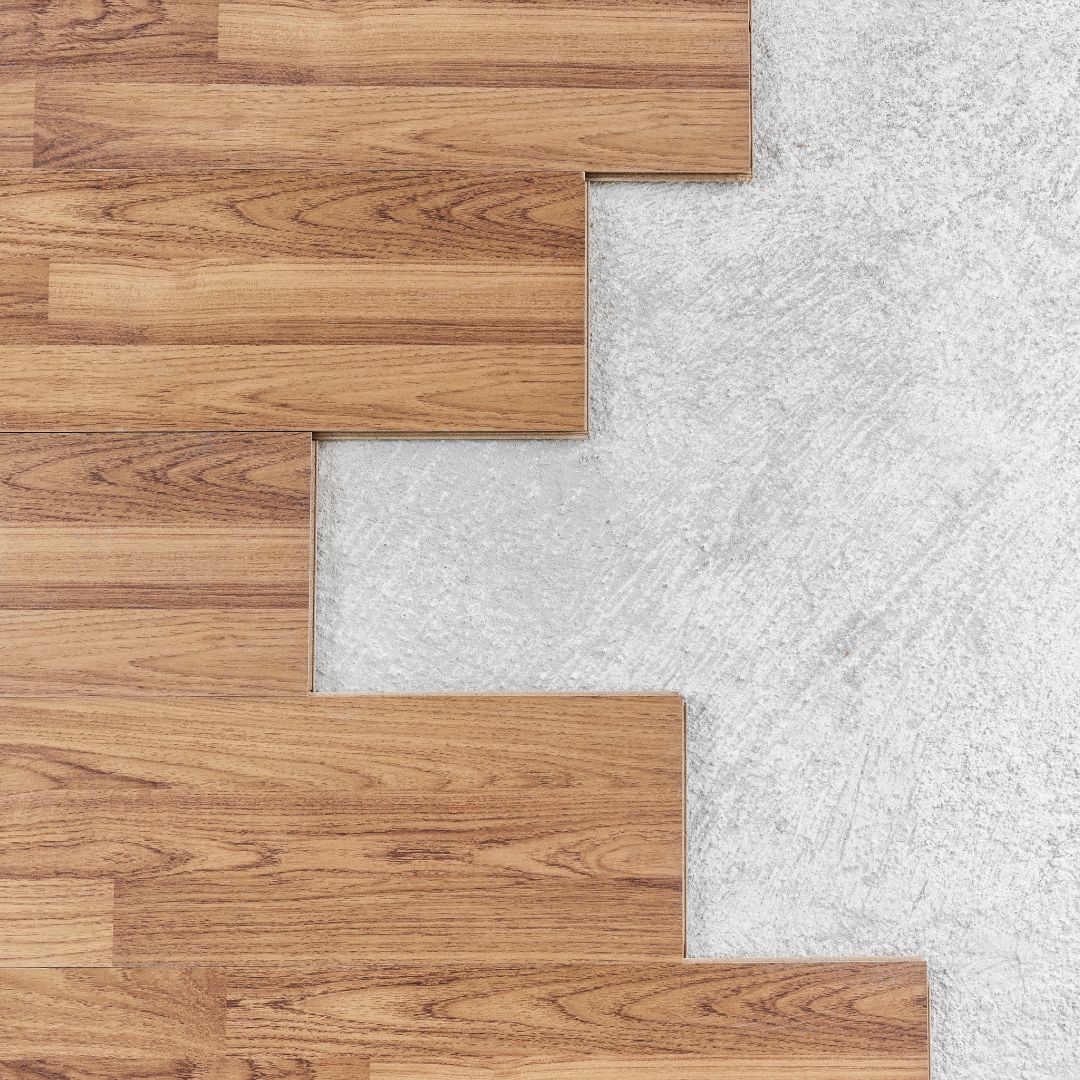The purpose of replacing the flooring before putting it on the market is to get a high return on the investment. From buying new flooring materials to hiring professional installers, it may seem like your bank account is taking a big hit. However, this is a resourceful transaction that will put your house at the top of every buyer’s list.
Buyers who avoid fixer uppers will pay top dollar to own a well-maintained, move-in-ready property. Putting in a little extra effort will help your finances grow! But first, you’ll need to examine your home for the signs to replace the flooring before selling.
Persistent Unpleasant Odors
Did you know that flooring can harbor odors? Carpets and hardwood floors are particularly prone to absorbing and retaining smells from pets, spills, and smoke over the years due to their porous nature.
Unpleasant smells may also indicate deeper issues, such as mold or mildew beneath the surface. Replacing odorous flooring can vastly improve the appeal of your home for an inviting and attractive first impression.
Extensive Water Damage
Water damage will greatly influence your decision to refinish or replace old floors. Different types of floors show various forms of damage; hardwood floors may warp or buckle. Laminate floors can swell or lift at the edges and seams. Even tile floors can weaken with water damage in the grout and cause tiles to crack or loosen.
It’s essential to replace water-damaged floors before listing. You’ll get a great return on this investment by refreshing the interior’s appearance and structural integrity.
Dangerous Foundational Issues
When contemplating the sale of your home, it’s essential not to overlook the signs of foundational issues indicated by your flooring. Misalignment or gapping between floorboards, unlevel surfaces, and cracking can all suggest underlying problems with your home’s foundation.
Much like the symptoms of a more significant issue, these flooring irregularities can deter potential buyers, who might worry about the costs and complexities of addressing foundational repairs. Before listing your home, consult with a structural engineer to address any foundational concerns. You’ll establish a safer and more appealing property that’s ready to sell.
Considerable Dents and Scratches
There is a wide range of flooring imperfections that will stand out when buyers walk through your house. If they see any drastic signs of damage, it’s essential to replace the floors before selling.
Scratches from pets’ claws, dents from dropped furniture, gouges from sharp objects, and pointed cracks are common flaws. Examine every flooring material in your home for these indications; they’re likely to appear on all materials, from hardwood to ceramic tile to laminate. If the blemishes are irreparable, it’s time to replace the flooring.
Each of these cosmetic and structural defects could deter potential buyers. When you choose to replace the flooring before selling, you’re investing in greater financial gains from the sale.

